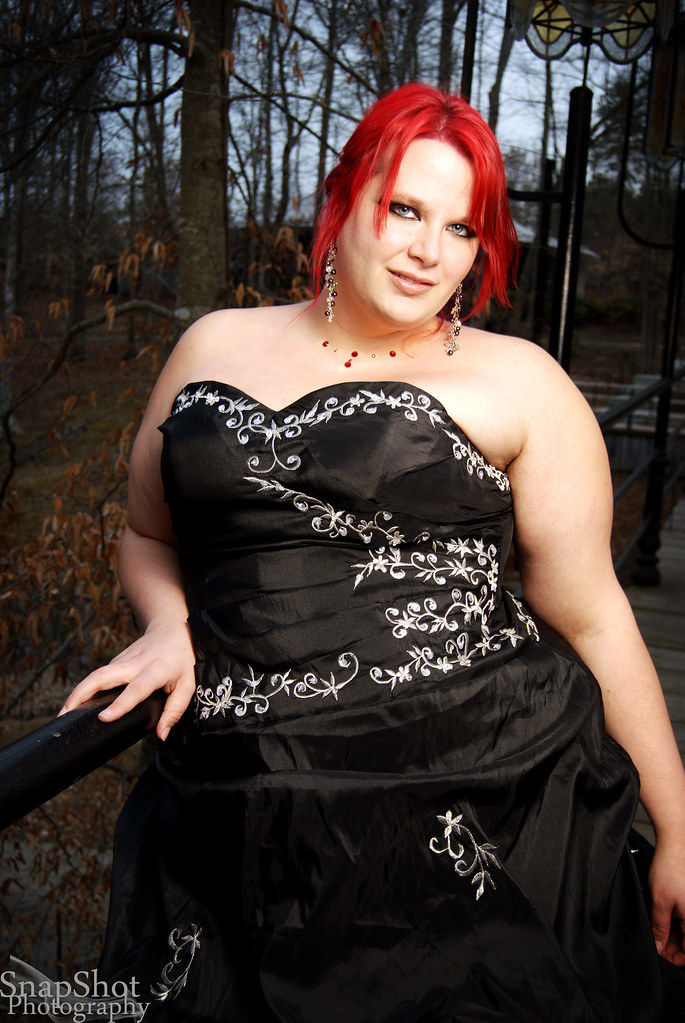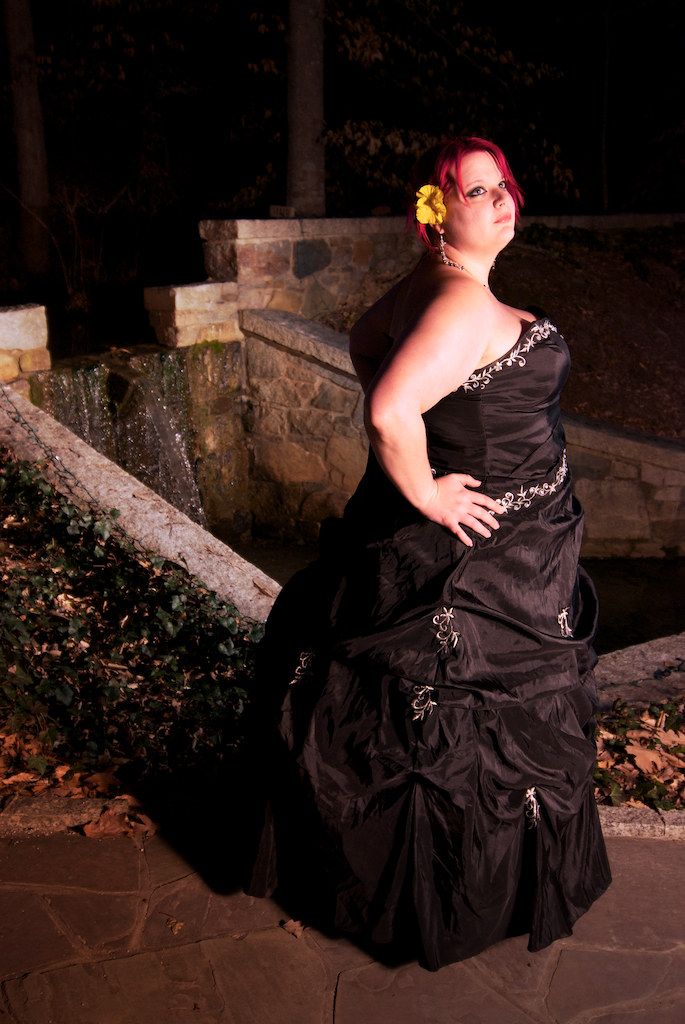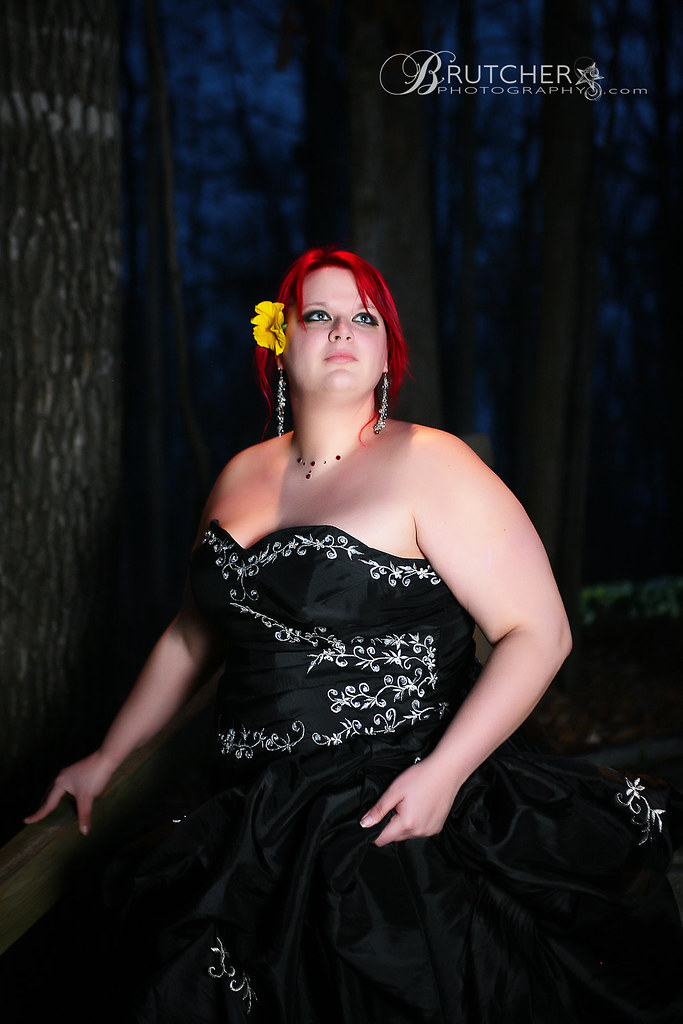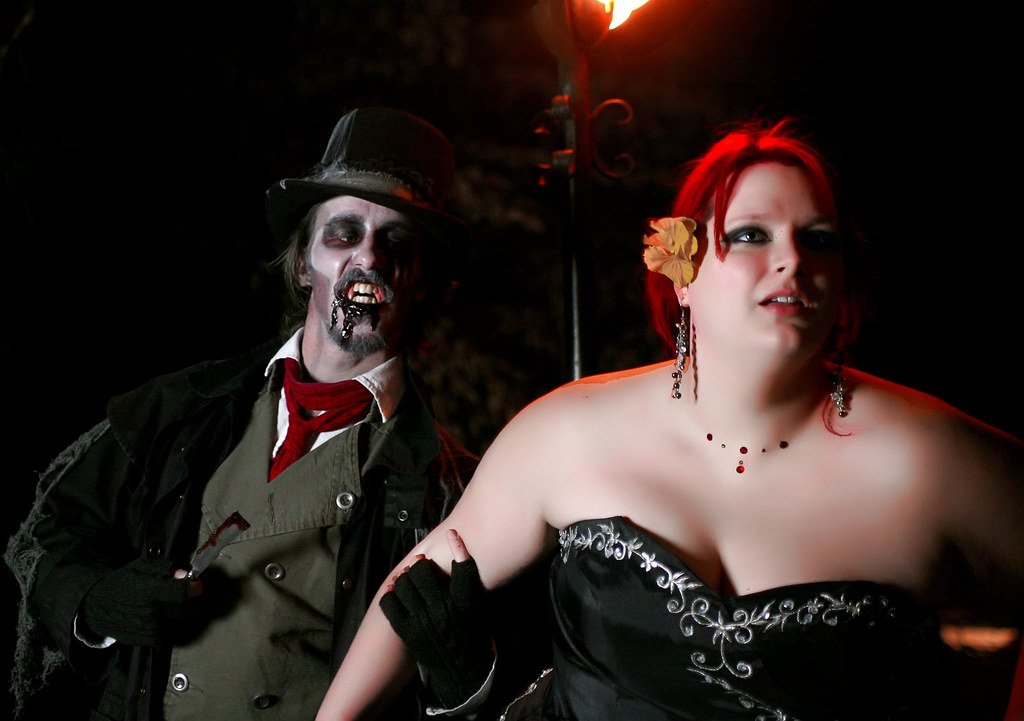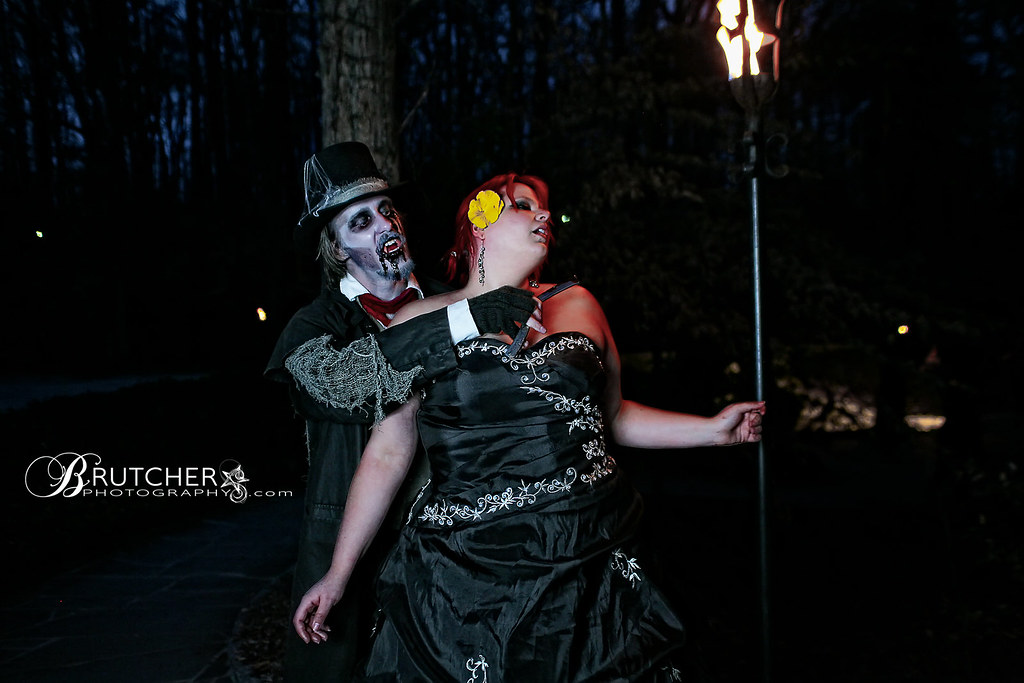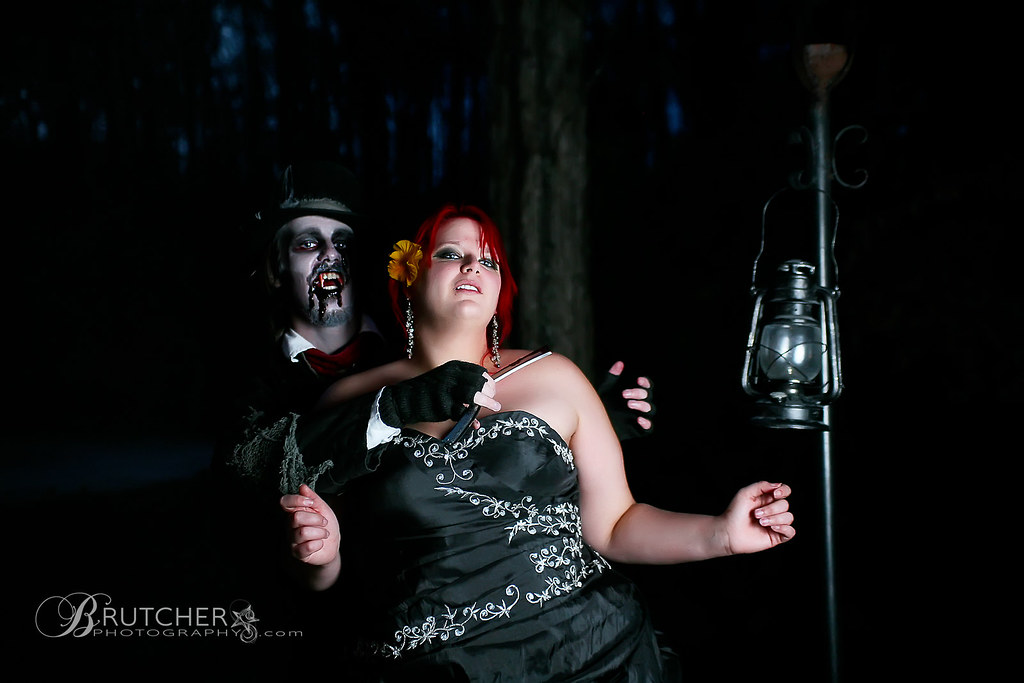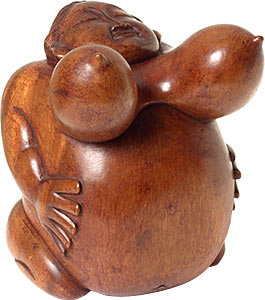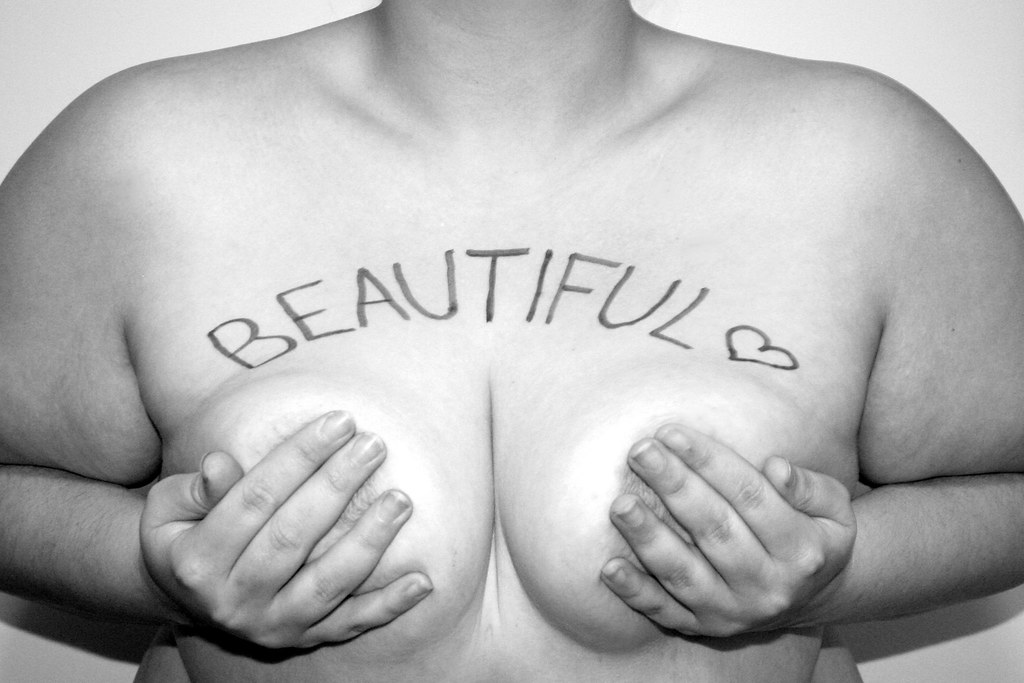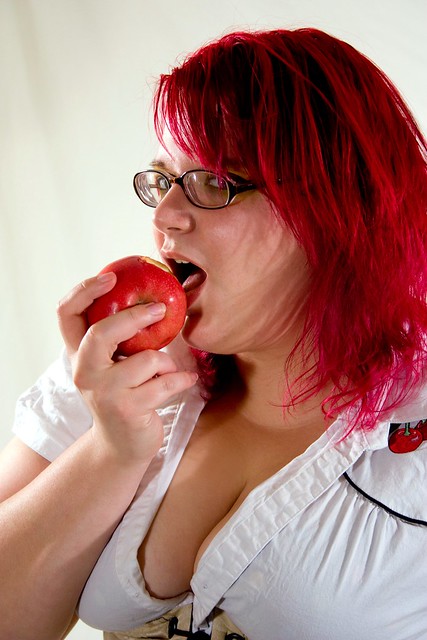 |
| Photo by Danbwr Photos |
I was wary at first.. I knew my eating habits- I'd eat until I was way too full, hoard certain foods, was never satiated even when full and could never manage to leave food on my plate. I thought this was just how I naturally ate and, therefore, I had to engage in food deprivation and control in order to stay healthy. Turns out that my body was driving me to eat like that because it felt deprived to begin with. The first several weeks after I stopped counting calories and depriving my body based on what I deemed good or bad (well, what society deems good or bad), I continued eating just as I had before- It was a no holds barred all out pig out. My body wasn't used to having that much available food or freedom and it was still in deprivation mode (evolutionarily when the body is deprived it seeks to get as much food as possible with the highest energy possible- calories- in order to survive the coming famine it believes there will be).
But then I noticed something else starting to happen. I would stop eating when I felt full with no desire to continue eating. I started actually noticing that I didn't feel like eating if I wasn't hungry. I don't feel the need to hoard food, or eat too much, or in any way prepare for deprivation. It seems like my body is finding it's balance and beginning to reverse the negative effects of almost two decades of disordered eating.
Now, I'm not going to say that my body is fully recovered.. I think, given a few more weeks I think it may even recover fully or almost so. I do think that the progress it's made is amazing. I realize that all those years of doing what I thought was my only choice, I was actually abusing to my body. If you've spent a lifetime eating disordered then it's hard to imagine- it's certainly hard for me to describe- the difference in eating naturally and healthfully. To feel satisfied instead of overly full because I can stop eating when I want instead of feeling an almost panicky need to finish everything on my plate- or to get another helping which I then had to struggle to resist so that I could stick to my heinous 1200 calories a day.
At one point I obsessed and worried myself down to 300-700 calories a day! Did I start to lose weight at that point? I certainly did. And what worries me is all of the people who suddenly went "aha! see? you can lose weight by lowering your calories enough!". These people didn't care that I was starving- that I was eating less than what the average person with anorexia eats . No no.. because if you're fat, you have an obligation to have an eating disorder. Screw that and screw them- I'd rather love my body and keep it healthy than be thin just for their sake. The more regular my eating, the happier I am and the more I realize just how amazing my body is... and the more sorry I am that I ever abused it.
